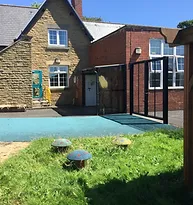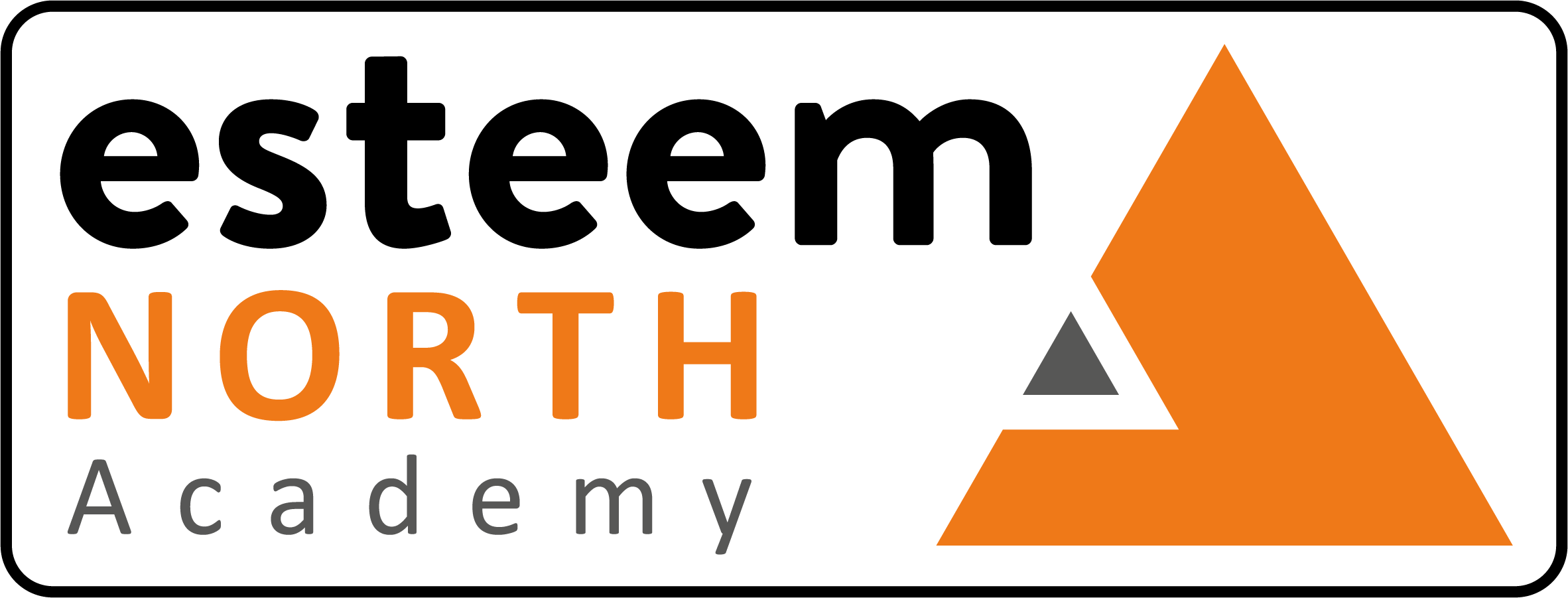Religious Education

Our provision of religious education consists of the study of different religions, religious leaders, and other religious and moral themes through Tutor Time, PSHRE, Citizenship, planned opportunities across the curriculum and through extra-curricular activities.
As an Alternative Provision Academy, without a religious designation, religious education takes into account the teaching and practices of a wide range of religions from across the world.
The study of religious and non-religious world views is a core component of a rounded academic education. This has long been recognised as essential in Britain. Young people today are growing up in a world where there is increasing awareness of the diversity of religious and non-religious world views and they will need to live and work well with people with very different outlooks from their own.
“The principal aim of RE is to engage pupils in systematic enquiry into significant human questions which religion and worldviews address, so that they can develop the understanding and skills needed to appreciate and appraise varied responses to these questions, as well as develop responses of their own.” Derbyshire & Derby City’s Agreed Syllabus for Religious Education.
Where is RE embedded into our academy?
Tutor Time: News Shed / Quote of the Week / Topics related to British Values / Religious Holy Days & Holidays / Equality, Diversity & Inclusion Events / Weekly Assembly such as The Chinese New Year / Debates around different religions and beliefs
Our Curriculum: Spiritual links and opportunities are identified in Medium Term Planning (6 MTPs per year, per subject), all pupils engage in PSHRE and Citizenship lessons weekly.
In Art pupils explore the ways in which religions express meaning through imagery and cultural artefacts, pupils study past cultures and see what kind of art they created and consider the way that the religion of those peoples may have inspired or informed their art. Through architectural study, pupils explore places of worship including, churches, stain glass windows, gargoyles, and carvings. Pupils are inspired to think about the great questions that also lie at the heart of philosophy and religion, questions of meaning and value.
In English a number of texts raise issues of right and wrong, moral questions, punishment and judgement. Texts such as Ragged Schools address poverty and the act of giving; Deja Dead addresses the idea of morality and sin along with debates such that arise from student population and interest. At KS3, the novel Holes deals with issues of moral judgement.
Pupils will have the opportunity in Maths to study number and operations in the context of religion and cultural diversity such as data from historical / religious contexts; using BC and AD to demonstrate number lines; statistics which interpret cultural trends; percentages of religious affiliation in the UK, marriage and divorce; using figures relating to poverty and causes of debt; incorporating religious iconography in the study of shapes and reflections.
The attitude of different religions to lending and borrowing money can be covered in financial education in the Futures curriculum. The curriculum also covers the Protected Characteristics, equal opportunities and how employers make reasonable adjustments for employees with a stated faith.
Pupils are exposed to philosophical questions in the Science curriculum such as who created earth, alongside scientific theories eg. the Big Bang Theory. Discussions covering the different approaches of religions to scientific progress, eg. cloning or genetic modification of food, give pupils the opportunity to investigate the diversity of views present in Modern Britain.
Extra-Curricular: The Academy has a Personal Development Lead Teacher with responsibility for organising external speaker visits and school trips.
